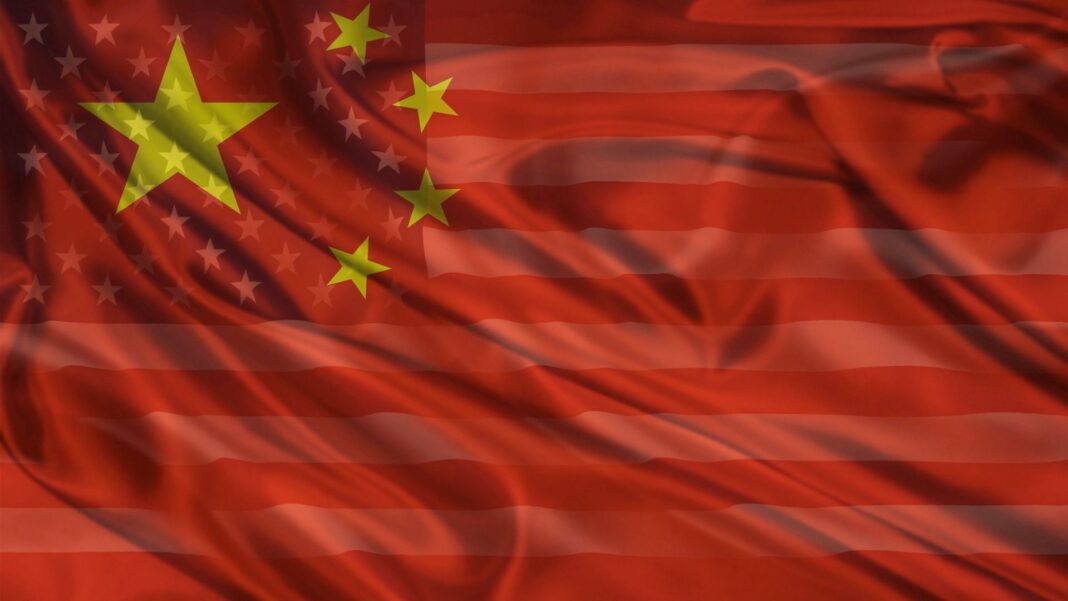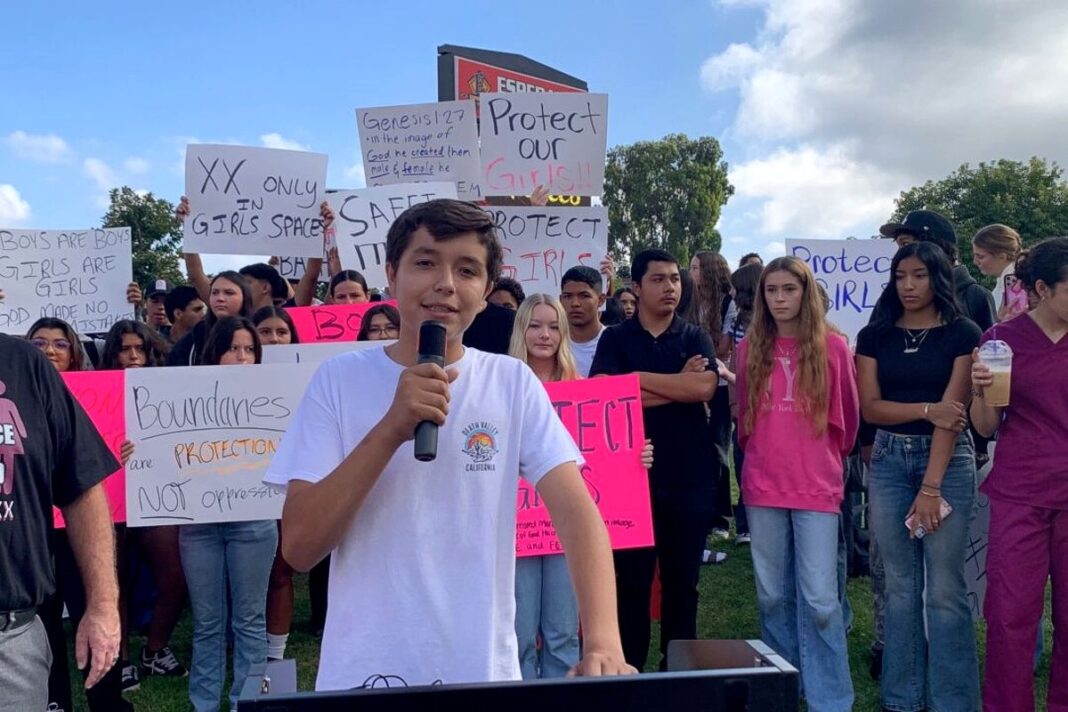U.S. visa crackdowns and Beijing surveillance turn study abroad into a high-stakes test for China’s youth.
Analysis
The newest front in the U.S.–China rivalry is unfolding on American campuses. Chinese students—once viewed as bridges between the two nations—are now urged, and sometimes forced, to pick a side.
Analysts say Chinese communist party leader Xi Jinping’s push for a stronger, more assertive China has set Beijing on a collision course with Washington. As both governments harden their positions, hundreds of thousands of Chinese students in the United States feel the squeeze.
American consular officers now routinely deny or cancel visas linked to the regime’s military-industrial network.
Beijing, meanwhile, has tightened surveillance of its citizens overseas, branding outspoken students as security risks and, in some cases, jailing them when they return. Academic neutrality is no longer an option.
America’s Doors Start to Close
In March, Rep. John Moolenaar (R-Mich.), chair of the House Select Committee on the Chinese Communist Party (CCP), ordered six universities—Stanford, Carnegie Mellon, Purdue, the University of Illinois, the University of Maryland, and the University of Southern California—to hand over enrollment lists for every Chinese national on campus.
The data revealed that all six schools were training graduate students from China’s “Seven Sons of National Defense,” elite institutions that feed talent directly into the People’s Liberation Army.
When the committee released its findings on Sept. 19, it noted that U.S. taxpayers were helping foot the bill.
One university reported that 515 of its 1,139 Chinese graduate students, faculty, and staff were funded through federal grants or contracts; another said 1,115 of its 2,580 Chinese graduate students were funded through teaching or research assistantships.
The committee urged the State Department to deny visas to applicants from the Seven Sons, the related “Seven Sons of the Arms Industry,” and 58 universities overseen by the Chinese State Administration for Science, Technology and Industry for National Defense.
The U.S. State Department was already moving in that direction. Since May, it has revoked visas for Chinese nationals in sensitive fields or with open CCP ties.
President Donald Trump briefly suggested allowing 600,000 Chinese students into the country, but analysts called it a bargaining chip, not policy.
By Sean Tseng








